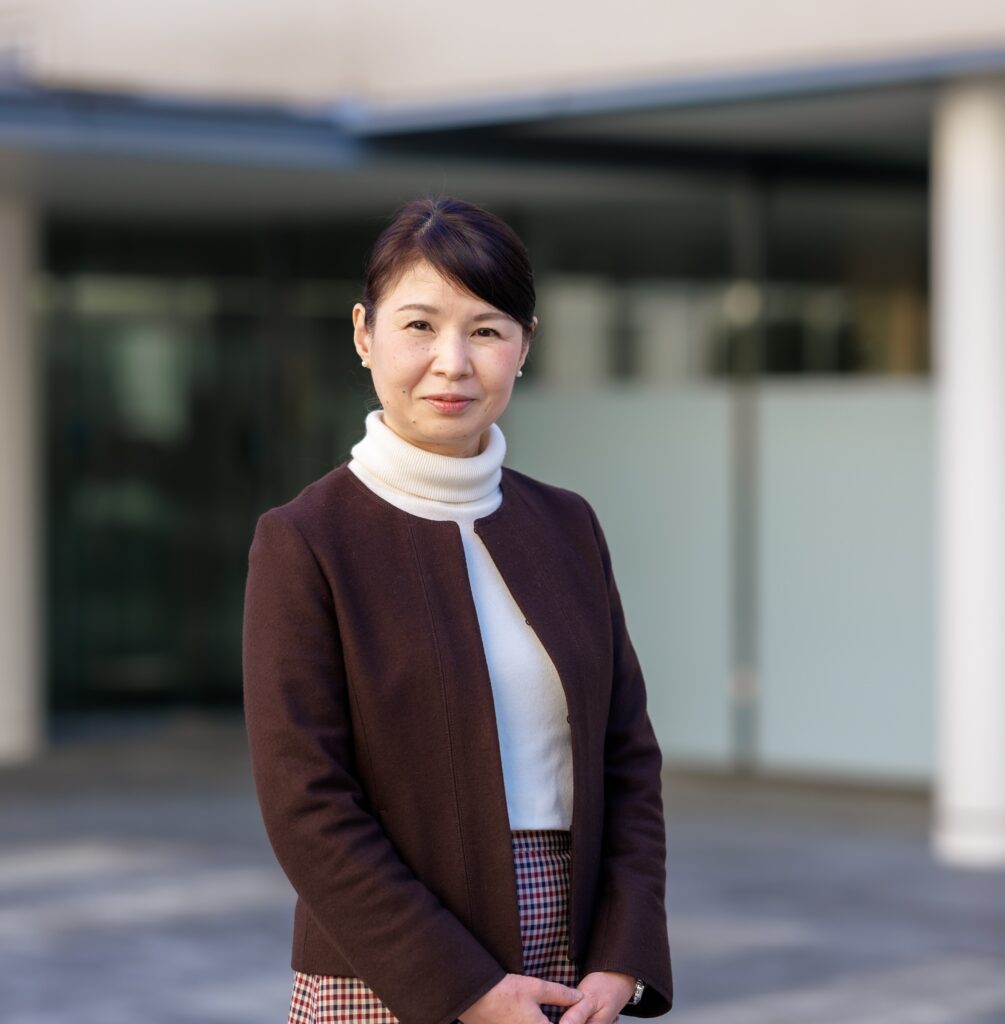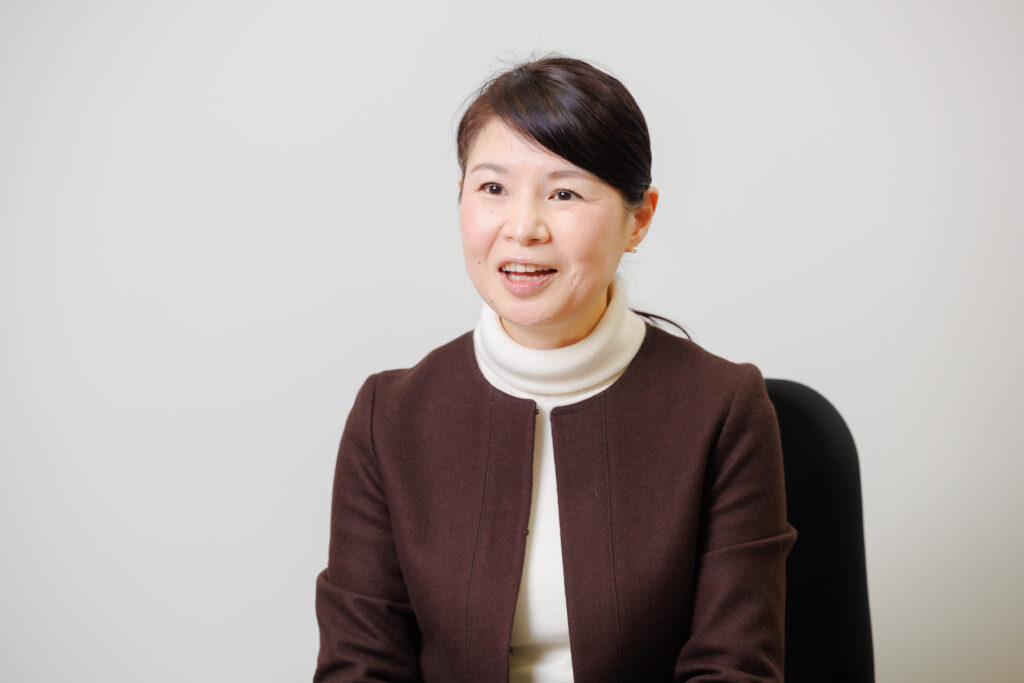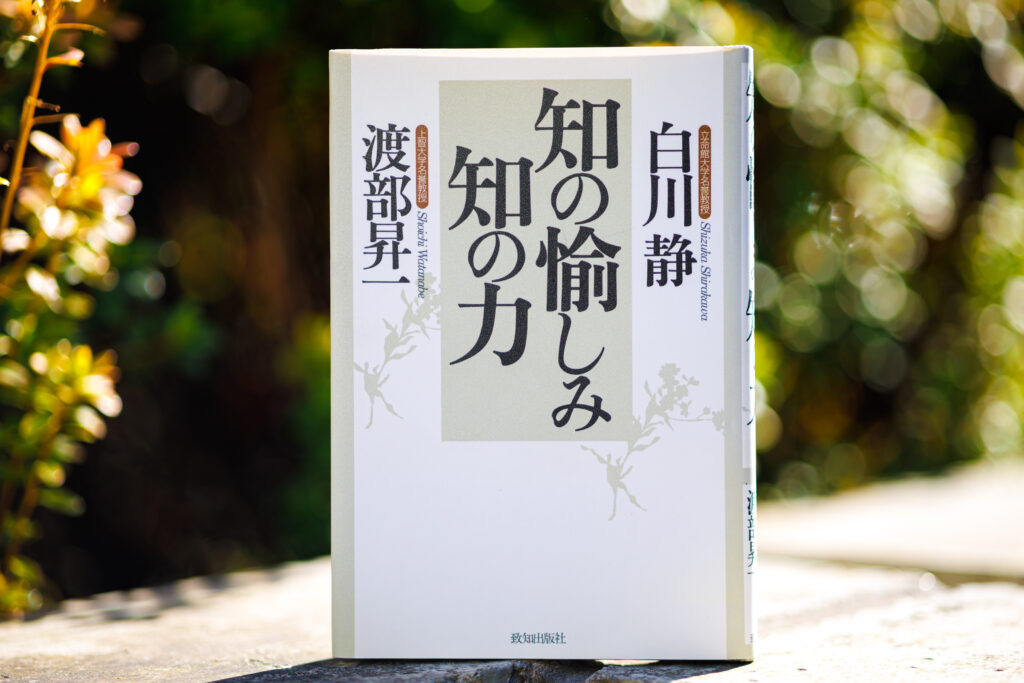
Professor Mihoko Ryoha from the Department of Nursing conducts research about the characteristics of community-based activities undertaken by public health nurses of municipalities to unravel the management skills needed by professional nurses today. What are management skills—built upon decision-making and problem-solving skills—and why are they needed?
Management is a term used to refer to activities that use management resources—such as people, things, money, and information—to govern an organization. I explore the management skills needed by professional nurses while conducting research on their management activities.
It began about 20 years ago when I encountered management in nursing, a new field of study. It is a field for professional nurses who seek high-quality nursing, with emphasis on how management should be practiced. I thought of focusing on public health nurses, the subject of my research at that time, to delve deeper into how they should practice management.
Public health nurses work at local government agencies and, as professional nurses, are in charge of health management for residents, and public health guidance. At the same time, they also support efforts by local residents to improve and invigorate the community. I wanted to know the kind of management skills being applied by them.
Recommencement of suspended community-based activities through the support of public health nurses

At first, I interviewed experienced public health nurses who have worked at local government agencies for at least 10 years.
As a result, I learned that they support the health activities of local residents while applying their individual management skills. Examples of this include gaining support to develop projects that address people’s needs, turning local gatherings into opportunities for health education, and collaborating with other agencies to develop human resources that support local residents.
Turning such knowledge of activities by public health nurses into the subject of academic research and formalizing it into words is important for the future of nursing. After conducting various studies and consolidating data, I presented this information as a research paper, which made me feel happy for having somewhat contributed to the world of nursing.
In addition, through being part of the activities by public health nurses, I was able to see for myself the achievements of their management activities. In one community, for example, the activities of “health mates”— a nutrition specialist volunteer program supported by Japan’s Ministry of Health, Labour and Welfare—had been suspended for several years.
Health mates are volunteers with training in nutrition and dietary education. They conduct nutrition improvement activities to help prevent frailty, lifestyle diseases and other issues which can be caused by poor nutrition.
The health mates in the community in question wanted to recommence activities but did not know how. Progress was made with the public health nurses’ support centered on the approach of management, and planned events also drew huge crowds.
In supporting the activities, the nurses raised the issues of properly running organizations and the goals of activities to health mates, implementing measures such as creating opportunities for discussions.
It is easy for public health nurses to use their expertise to lead volunteers, but doing so will not be sustainable in the long run. Therefore, it can be said that they succeeded due to strategic involvement, making the health mates the core of the activities and having a clear vision of the goal.
Having professional nurses view things from the same perspectives as the top management of organizations
Management by head nurses and others in managerial positions is a well-known aspect of management by professional nurses. However, as I continue with my research, I believe it is necessary for nurses in general to have management skills that view things from the same perspectives as the top management of organization in making decisions, solving problems, and offering services.
Such skills will be helpful in community-based integrated care being developed in an aging society, as well as medical frontlines where team medicine is common.
Going forward, my goal is to develop methods for professional nurses to acquire these management skills and to create manuals and textbooks. I aim to let students—who will become professional nurses in the future—learn these methods to provide them with knowledge and practice that will allow them to contribute at nursing frontlines when they step into society.
The book I recommend
“Chi no Tanoshimi Chi no Chikara”(The Joy and Power of Knowledge)
by Shizuka Shirakawa and Shoichi Watanabe, Chichi Publishing

This book is a record of dialogues about knowledge and education between Shizuka Shirakawa, an authority in Oriental studies, and Shoichi Watanabe, a critic as well as professor emeritus of Sophia University. When I first started teaching in university, I wondered about what to convey to students and took up this book wanting to deepen my understanding about education.
-
Mihoko Ryoha
- Professor
Department of Nursing
Faculty of Human Sciences
- Professor
-
Graduated from the School of Nursing, Chiba University, and received her Ph.D. in Nursing after completing the doctoral program of the university’s Graduate School of Nursing. Took on several positions—such as public health nurse of Gifu City and research assistant, lecturer, associate professor, and professor at the Undergraduate School of Nursing, Gifu College of Nursing—before assuming her current position in 2021.
- Department of Nursing
Interviewed: December 2022